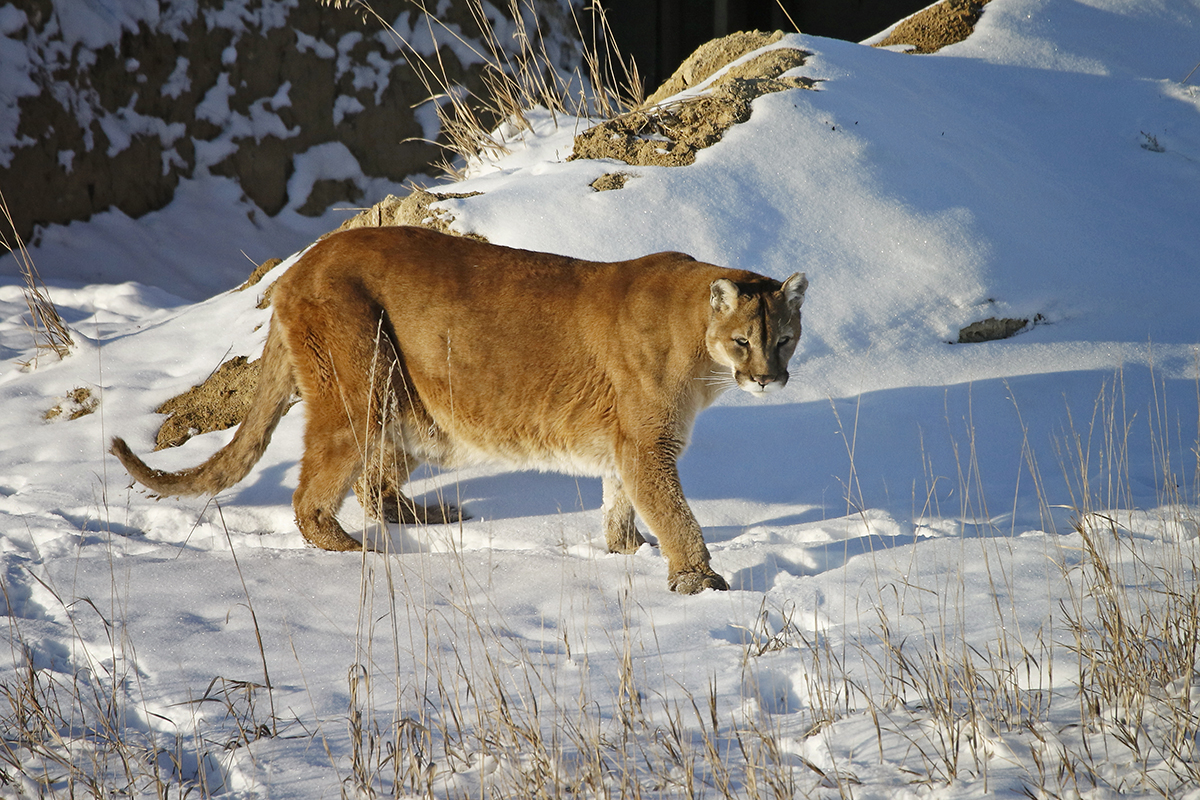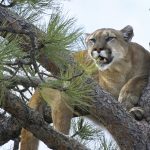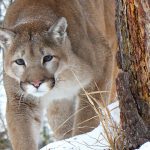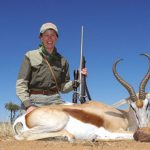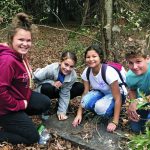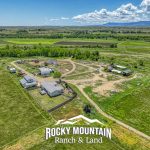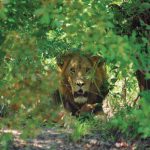The defeat of Proposition 127 in Colorado is a blueprint for saving science-based wildlife management throughout North America.
Photo above by VictorSchendelPhotography.com
This past November, the North American hunting community celebrated a potentially game-changing victory with the defeat of Proposition 127 in Colorado, a measure that would have permanently banned the hunting of mountain lions and bobcats statewide. Despite Colorado’s heavily urban voter base and the backing of a powerful group of anti-hunting activists that outspent the pro-hunting side 2 to 1, the ballot measure not only went down, it failed by a fairly decisive margin of almost 10 percent.
When I first became aware of the issue in fall 2023, I assumed, as many other hunters did, that science-based wildlife management would come out on the losing end of this latest attempt at ballot-box biology, just as it had with Colorado’s voter-mandated wolf reintroduction in 2020. Instead, something very interesting happened. For the first time I can remember, I saw hunters come together in an organized way with a purpose and a plan.
A nucleus of determined people who believe in the benefits of hunting and scientific wildlife management joined forces to counter the emotion-filled falsehoods of the anti-hunters. They united behind an organization called Coloradoans for Responsible Wildlife Management (CRWM), led by the bearded and indefatigable Dan Gates.
Awareness of the issue spread rapidly throughout the Colorado hunting community, and by the time elk season was underway, thousands of volunteer-created “No on 127” signs sprouted along Colorado roadsides, with messages like “Let Scientists, Not Activists, Manage Wildlife.”
There were many facets to the success of the opposition to 127 that other states can learn from when — not if — anti-hunting groups attempt to disrupt their hunts. On a recent episode of the Hunter Conservationist podcast, Charles Whitwam and Mike Costello of HOWL for Wildlife, an organization that has helped beat back recent anti-hunting initiatives in several states, discussed what worked.
They noted that it was important to have focused, consistent messaging. Outreach to urban communities was critical, and this was done through social media, advertising, and, interestingly, face-to-face contact. The campaign actually set up tables in downtown Denver and Boulder and talked to passers-by, with surprisingly positive results.
One of Whitwam’s remarks that stood out to me was this: “This whole war is won through public education.” He explained that the vast majority of people, especially in the cities, know absolutely nothing about hunting. They are not automatically against it; they just know nothing about it. Once they hear from hunters, they start to understand that wildlife is managed under a carefully regulated, science-based system, and that the information they are getting from the other side is not trustworthy.
The bottom line, and what the majority of Colorado voters ended up agreeing on, is that decisions about wildlife management should be made by biologists and state agencies — Colorado Parks & Wildlife, in this case — not by voters.
As hunters celebrate this win, anti-hunting groups are continuing their efforts in Colorado and elsewhere. We now know the hunting community is capable of effective action. So the next time the antis try to come for our hunting licenses, we know we can beat them. We need to be ready.

